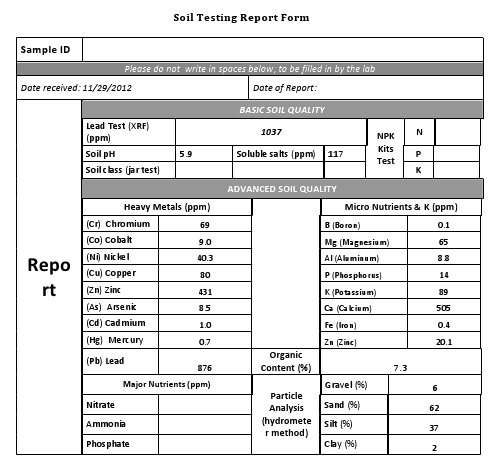
So I have a confession to make. In the 7 years I have gardened (4 years in Houston, 3 years in South Carolina), I have managed to do so without having a soil test.
A lot of folks do not have access to proper soil tests where the bagged soil is sent to a laboratory and a report sent back with a sheet of 30-40 pieces of data. I have gotten a “soil test” done by a local nursery and they called me on the phone and read me the Nitrogen, Potash, and Potassium numbers as well as the pH. Well gee thanks I guess they used a $5 kit from the store. They did NOT send it to a lab so the data is pretty useless if you want to know anything else.
I grow in raised beds and everything in those beds are things I have added myself. Peat moss. Black Kow. Mushroom compost. Sheep manure. Alpaca manure. Rabbit manure. Dolomitic lime. Coffee grounds. Shredded leaves. Basically anything you can safely add to a compost pile. I do have a pH meter which I stick in the ground at different locations and I’m always on target around 6.5 which is what I want for tomatoes.
As I’ve documented elsewhere, I don’t see the point in egg shells as archaeological digs have shown that unless they are finely powdered, chicken egg shells remain intact for over 150 years. I use a little bit of epsom salts but I don’t overdo it as after all it’s magnesium not calcium so it’s not going to do much for BER.
If you add blood meal, bone meal, etc. basically you are adding individual components of organic fertilizer. Any organic fertilizer you buy will have a good mixture of these ingredients already.
As for the “just stick the plants in the ground and give them Miracle Gro”, I have tasted the same exact tomato variety grown in different people’s gardens in the same city. The addition of organic matter and choice of fertilizer made a breathtaking difference in the flavor of the produce. It is well-documented that the produce appearing on grocery store shelves these days, grown in mostly sterile soil fed man-made (since people like to astroturf against the word “chemical” I have to say man-made) fertilizers have a FRACTION of the nutrients and flavor of produce grown in rich fertile soil.
